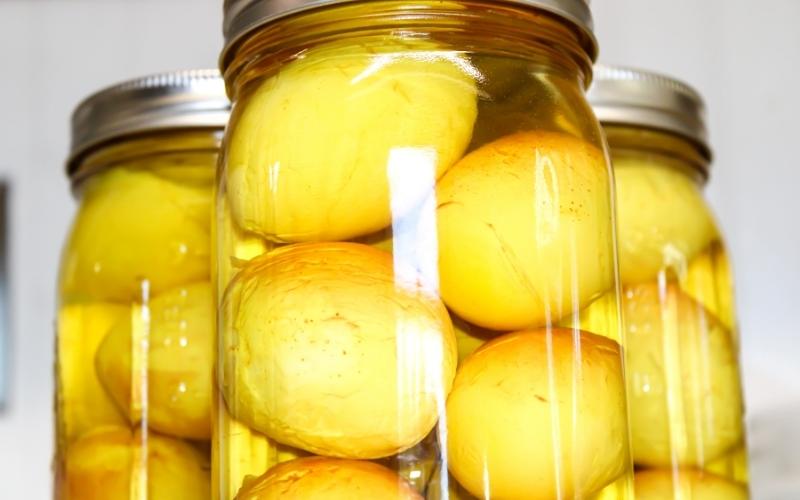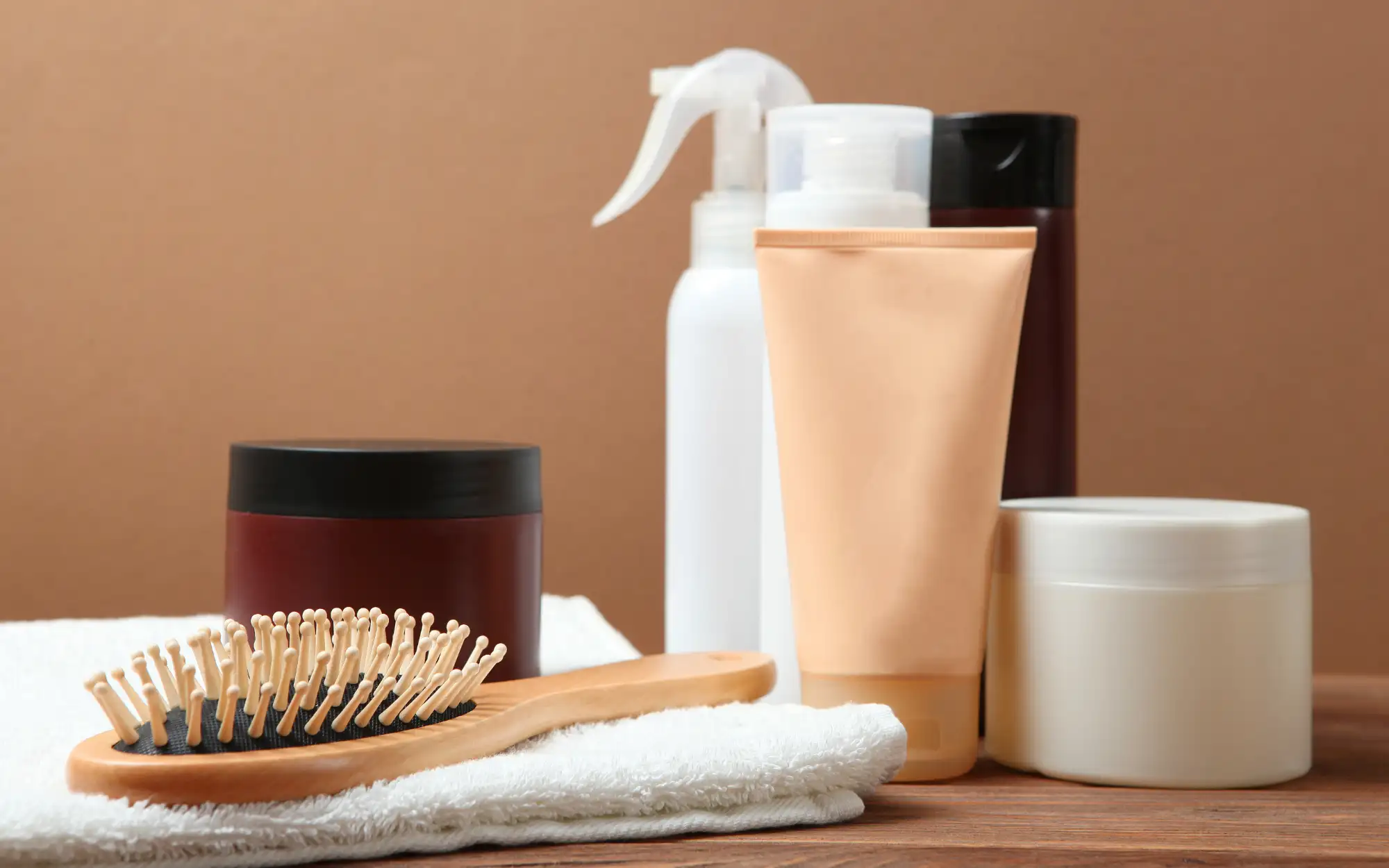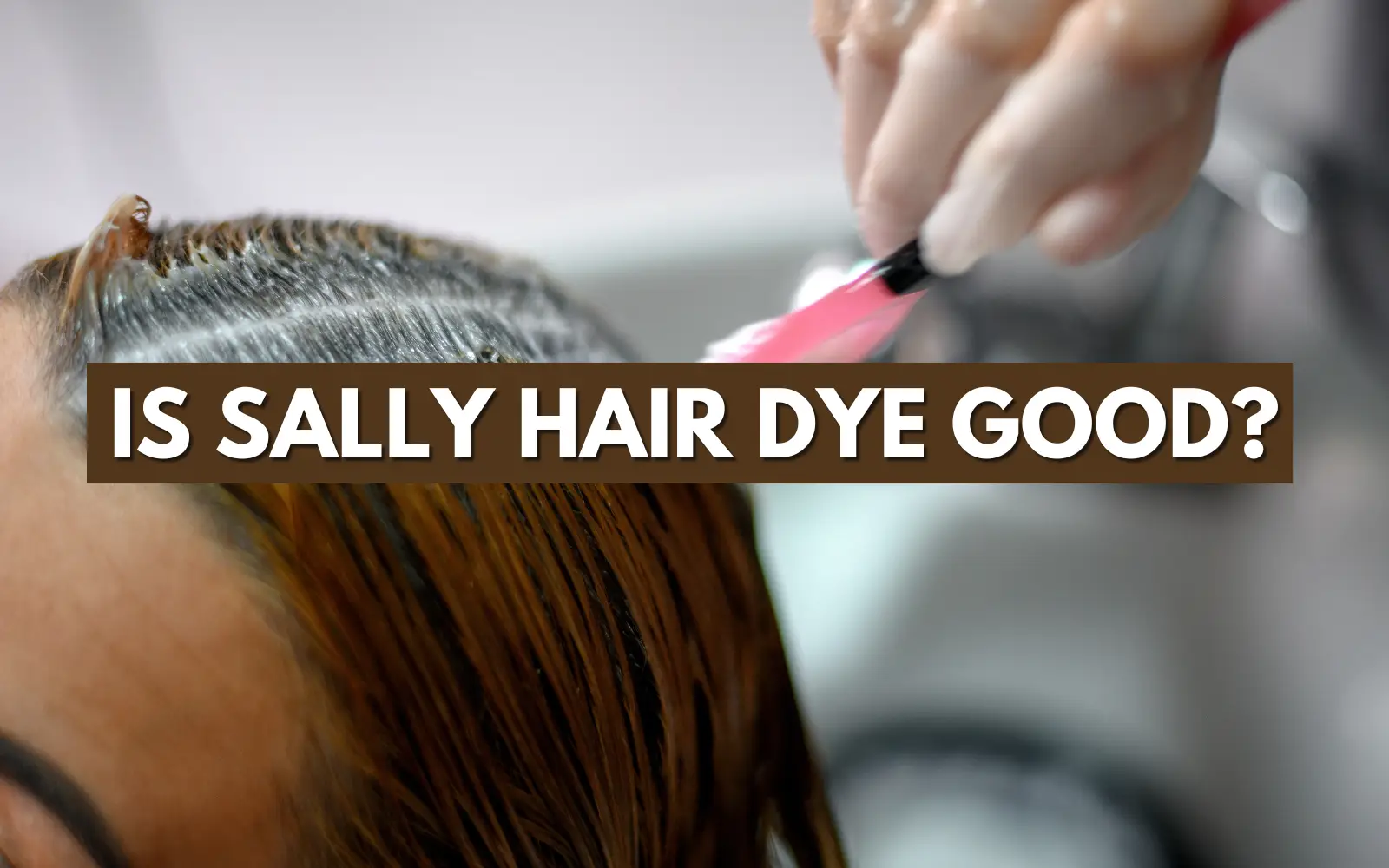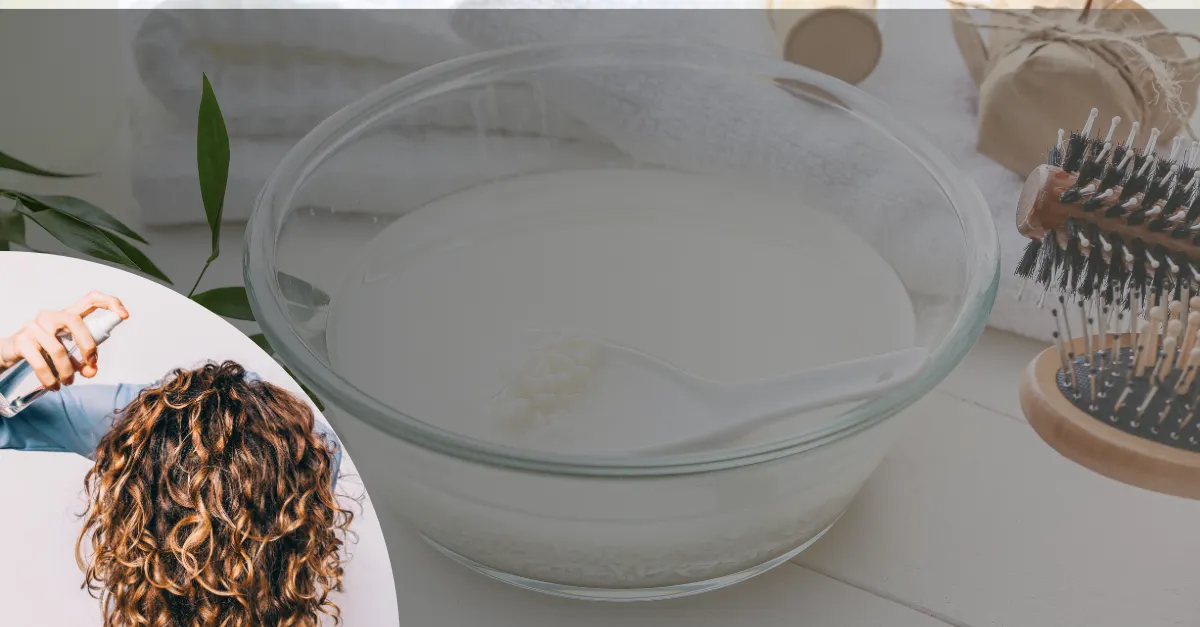Who doesn’t want healthy, flawless, glowing skin? As someone who has struggled for years to control breakouts and maintain an even complexion, I was thrilled to discover these natural, homemade remedies that dramatically improved my skin. Keep reading to uncover my secrets and get the inside scoop on how you can achieve gorgeous glowing skin from the comfort of your own home!
Lemon Juice for Brightening and Clearing
Lemons contain natural astringent, antiseptic, and bleaching properties that can help brighten dull skin and clear acne. Simply apply fresh squeezed lemon juice to face and leave on for 10 minutes before rinsing. The citric acid works to exfoliate dead skin cells.
Pro tip: Mix lemon juice with some honey, soothing and moisturising skin. Start with this mask once a week and increase frequency as the skin adjusts. Never apply lemon juice directly in sunlight!
My skin honestly looked noticeably brighter and clearer after just a few lemon juice treatments. It’s an easy and all-natural trick for glowing skin.
How Often Should You Use Lemon on Your Face?
Figuring out the ideal frequency for using lemon juice on your face can take some trial and error. Here are a few guidelines:
- Start by only using lemon juice 1x a week to see how your skin responds and avoid over-drying.
- Apply for 5-10 minutes then rinse off thoroughly. Never leave lemon juice on skin in direct sunlight.
- If your skin tolerates it well, gradually increase to 2-3 times per week for the best brightening effects.
- Those with sensitive skin may only tolerate lemon masks every other week. Gauge based on any reactions.
- After several weeks, take a break for a few days to allow skin to normalize before resuming treatment.
The key is paying attention to how your unique skin reacts and adjusting the frequency accordingly. Gradually increase use while monitoring for dryness or irritation.
Baking Soda to Soothe Acne
Baking soda not only gently exfoliates, but also helps neutralize skin pH levels to combat acne and inflammation. I mix a paste of baking soda and water, apply on blemish-prone areas, let bubble for 5 minutes, then rinse clean. The calming, deep cleaning action helps clear pores while reducing redness.
Pro tip: Those with dry or sensitive skin should use baking soda masks no more than 1-2 times per week to avoid over-drying the skin.
This simple pantry staple makes a world of difference in treating acne and irritation without harsh chemicals. My breakouts have drastically reduced thanks to this trick.
What Ratio of Baking Soda to Water Do You Use for an Exfoliating Face Mask?
Figuring out the right mixing ratio for a baking soda and water mask can take some trial and error. Here are some tips:
- For dry or sensitive skin, use a 1:3 ratio – 1 part baking soda to 3 parts water. This creates a gentler exfoliating mask.
- For oily, acne-prone skin, use a 1:2 ratio, which will deep clean pores more effectively.
- For severely congested skin, some tolerate using a 1:1 ratio of baking soda to water, but this is harsher.
- Add water slowly while mixing until you get a uniform paste that spreads evenly but isn’t dripping.
- Apply gently and leave on for 3-5 minutes before rinsing thoroughly with lukewarm water.
Start on the gentler side with more water and adjust as your skin tolerates stronger mixtures. Pay attention to any irritation or over-drying.
Apple Cider Vinegar to Balance Skin
Apple cider vinegar is antimicrobial and contains gentle acids that help restore skin’s natural pH levels. I dilute raw, unfiltered ACV with water and use it as a skin balancing toner after cleansing. It helps control oiliness and calm breakouts while tightening pores.
Pro tip: Always dilute apple cider vinegar before applying it topically. Start with a 1:4 ACV to water ratio and slowly work up to a 1:2 or 1:1 mixture as your skin adjusts without irritation.
This inexpensive kitchen staple makes a world of difference in controlling acne and oil production without damaging my skin’s moisture barrier. Try it yourself for a glowing complexion!
What Does Apple Cider Vinegar Do for Your Face?
Using apple cider vinegar on your face provides a number of great skin benefits:
- Balances skin pH and controls oil production
- Works as a natural astringent to tighten and minimize pores
- Contains antimicrobial properties that combat acne and breakouts
- Provides gentle exfoliation to reveal brighter, fresher skin
- Improves skin texture and reduces scarring over time with continued use
The key acids and components in raw apple cider vinegar help restore skin health. Always dilute before applying to avoid burns. Gradually increase frequency to work up to daily use. My skin’s clarity and glow improves every time I use this homemade toner.
Honey for Hydrating Moisture
Natural honey is packed with skin-loving vitamins, antioxidants, and humectants that provide deep nourishing moisture. I use raw honey as an overnight sleep mask, applying a layer all over my face before bed 2-3 times per week. I wake up to plump, hydrated skin with a dewy glow!
Pro tip: Look for raw, unpasteurized honey for the most benefits. Manuka honey contains extra enzymes and antioxidants. After applying, use a warm damp cloth to gently exfoliate away any sticky residue before rinsing in the morning.
Using honey is an indulgent skin treat that reveals fresh, bouncy, glowing skin overnight. The quick morning cleanup is well worth the mess for these beautiful results!
What is the Best Natural Moisturizer for Your Face?
When it comes to natural hydrating ingredients for your skin, nothing beats the moisturizing power of raw honey:
- Honey contains humectants that bind moisture to the skin, preventing water loss.
- The vitamins and enzymes provide nourishing anti-ageing benefits and antioxidant protection.
- The gentle exfoliating effect rejuvenates dull skin by sloughing off dead cells.
- Manuka honey in particular, has extra anti-bacterial and healing properties for acne-prone skin.
- Using honey is affordable, easy, and avoids chemicals found in store-bought creams.
- The thick, humectant texture provides longer-lasting moisturization than lighter oils or aloe.
For best results, apply a layer of raw organic honey to clean skin and leave on overnight before rinsing in the morning. The hydration boost will leave your skin looking dewy and radiant!
Oatmeal to Soothe Irritation
Oatmeal contains anti-inflammatory and antioxidant compounds that are incredibly soothing for irritated skin. Whenever my face feels extra sensitive, I whip up a quick oatmeal face mask using dry oats ground into a fine powder and mixed with warm water into a paste. Leaving this on for 15-20 minutes calms redness and itching fast.
Pro tip: Look for colloidal oatmeal and grind it down to increase the skin benefits. Add a spoonful of plain yogurt to the oatmeal paste for hydration and probiotics.
This pantry staple provides quick relief when my skin flakes or burns from harsh products. It’s become my go-to emergency remedy to get my glow back fast!
What Are Natural Ways to Soothe Irritated Facial Skin?
When your skin gets red, flaky and irritated, try these natural remedies to provide soothing relief:
- Oatmeal – Grind dry oats and mix them into a paste with water. Apply to skin for 15-20 minutes before rinsing. The anti-inflammatory avenanthramides relieve itching and irritation.
- Aloe Vera – Pure aloe gel is incredibly cooling and hydrating for inflamed skin. Apply a thick layer and allow it to soak in.
- Chamomile Tea – Used as a toner, chilled chamomile tea calms and reduces swelling. Apply with cotton rounds after cleansing.
- Cucumber – Slices of cool cucumber help tone down redness. Lie back and place them over irritated areas for 10-15 minutes for a calming effect.
- Honey – Raw honey provides anti-bacterial relief while profoundly moisturizing dry, flaky skin back to health.
When skin is sensitive, stick to bland, natural ingredients free of preservatives, fragrances, and dyes. With consistent use, you’ll restore a healthy, balanced glow.
Turmeric for Antioxidant Protection
Turmeric contains highly potent antioxidant and anti-inflammatory compounds called curcuminoids that protect skin cells from free radical damage. I make a weekly antioxidant mask by combining turmeric powder, yogurt, honey, and lemon juice. This combination leaves my skin looking rejuvenated.
Pro tip: Always combine turmeric with yogurt or milk to prevent staining the skin temporarily yellow. Avoid direct contact with clothing and wash hands immediately after applying a turmeric mask.
Don’t be scared off by the vibrant golden color of turmeric. The visible stains are proof of the powerful phytochemicals that leave skin healthy and glowing!
What Does Turmeric Do for Your Skin?
Using turmeric for your skin provides a host of benefits:
- Curcuminoids are potent antioxidants that neutralize free radicals and prevent ageing.
- Turmeric improves skin elasticity and texture with continued use over time.
- The anti-inflammatory properties calm eczema, psoriasis, acne, and other inflammatory conditions.
- It reduces discolouration and hyperpigmentation while evening out skin tone.
- Turmeric boosts new cell growth and turnover for faster healing.
- It provides antiseptic and antimicrobial properties to cleanse pores naturally.
- The circulation boost brings more oxygen and nutrients to skin cells.
Be patient as the full effects build with consistent use over weeks. But the glowing results are well worth the temporary yellow stains!
Yogurt for Probiotic Balance
Yogurt contains live probiotic cultures that help balance and strengthen skin’s microbiome, fighting off bad bacteria. I apply a layer of plain whole milk yogurt to damp skin after cleansing and allow it to soak in for 20 minutes before rinsing clean. This helps prevent breakouts and restore a healthy pH balance.
Pro tip: Look for yogurt containing live active cultures like Lactobacillus acidophilus. Thicker Greek yogurt adheres better to skin. Apply onto wet skin right after cleansing for deepest absorption.
My skin’s texture and clarity improved noticeably after adding in this quick probiotic treatment just a few times a week. The healthy cultures truly do wonders.
What Yogurt is Best for Your Face?
When it comes to selecting the best yogurt for your skin, look for:
- Live active cultures – Contains beneficial probiotics like Lactobacillus that balance skin microbiome. Avoid yogurts labeled just “made with active cultures.”
- Whole milk yogurt – Provides more hydrating fat than low-fat or nonfat versions.
- Unpasteurized yogurt – Not heat treated allows for more active probiotics. But pasteurized yogurt still offers benefits.
- No added sugars or fruits – Plain yogurt avoid irritation from added ingredients.
- Organic and grass-fed – Reduces pesticide and hormone exposure.
- Greek yogurt – Higher protein content creates a thicker, more adherent mask. But regular yogurt also works.
For best results, apply plain whole milk yogurt from grass-fed cows onto freshly cleansed, damp skin. Allow it to soak in for up to 20 minutes before rinsing. Repeat 2-3 times per week for glowing skin.
Aloe Vera Gel for Calming Hydration
Pure aloe vera gel immediately calms and cools irritated skin. The hydrating properties help heal inflamed breakouts and acne. I keep an aloe plant on hand to break off a leaf and squeeze out the soothing clear gel whenever my skin feels raw and sensitive. Applying a layer helps restore moisture and reduces redness.
Pro tip: Look for pure, 100% aloe vera gel without preservatives or additives. Store in the fridge to keep cool. Avoid rubbing ice cubes over skin as this can further damage and irritate.
Aloe vera is nature’s after-sun care and the perfect remedy for acne-prone skin when it’s most sensitive. The instant cooling relief helps me restore my complexion to a healthy glow.
How Do You Use Aloe Vera Gel on Your Face?
Using aloe vera gel on inflamed or irritated skin helps soothe and heal breakouts fast. Here’s how to use it:
- Break off an aloe leaf and squeeze out the clear gel.
- Apply a generous layer over cleansed skin.
- Allow it to soak in for 10-20 minutes before rinsing.
- Can leave on overnight as a hydrating sleep mask.
- Use morning and night until skin calms down.
- Keep aloe gel in the fridge for an extra cooling effect.
- Works well after facial treatments if skin feels sensitive.
The antioxidants, vitamins, and natural polysaccharides improve acne, burns, eczema, and inflammation healing. With daily use, aloe vera helps maintain a clear, glowing complexion.
Coconut Oil for Soothing Moisture
Coconut oil contains fatty acids and vitamins that provide intense hydration to heal dry, flaky skin. As my last step before bed, I massage in a layer of extra virgin coconut oil. My skin soaks it up while I sleep, so I wake up to a supple, dewy glow. It’s an easy overnight ritual that comforts skin.
Pro tip: Use pure, unrefined virgin coconut oil. Massage into skin using circular motions. Apply 30 mins after active ingredients for deeper moisturization. Avoid use if prone to cystic, fungal acne.
Nothing ends the day quite as luxuriously as a coconut oil massage. Take the time to indulge your skin as you wind down for bed to wake up radiant.
What are the Benefits of Coconut Oil for Your Face?
Using coconut oil on your face provides a host of benefits:
- Deeply moisturizes without clogging pores
- Contains fatty acids that improve skin elasticity
- Helps heal and prevent acne scarring
- Protects skin from environmental damage
- Evens skin tone and reduces dark spots with vitamin E
- Prevents transdermal water loss to retain hydration
- Antimicrobial properties cleanse the skin
- Boosts circulation and new cell turnover
The rich medium-chain fatty acids combined with vitamin E nourish skin in ways lotions can’t. Use coconut oil daily or overnight to wake up to soft, supple skin.
Conclusion
Achieving clear, glowing skin is possible using simple kitchen ingredients with the power of nature behind them. While results won’t happen overnight, staying committed to these treatments will gradually improve your complexion. I’m blown away by how well these natural remedies work to hydrate, brighten, calm, and restore my skin. Ditch the harmful chemicals and make your own homemade magic potions instead. Your skin and wallet will thank you!
Let me know in the comments if you try any of these remedies yourself. I love to hear about your experiences and swap skincare secrets! Here’s to healthier, more radiant skin in 2023.








Leave a Reply